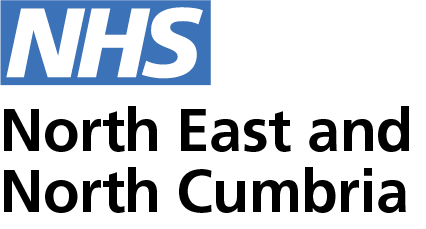Using data – like your health record, helps researchers better understand the health and care issues that affect us all. Through research, we discover new treatments, medicines and medical tools that can change lives.
This helps doctors, nurses and other health professionals make more informed decisions. It helps them learn, improve, and ultimately give people better care.
Without research, none of this would be possible.
Across the country, the NHS has a plan for how health data should be used more effectively, and how it should be handled safely and ethically. Part of this includes creating new Secure Data Environments – or SDEs.
In our area, the NHS Integrated Care Board (ICB) for the North East and North Cumbria is leading this and is responsible for all the data in the SDE.
